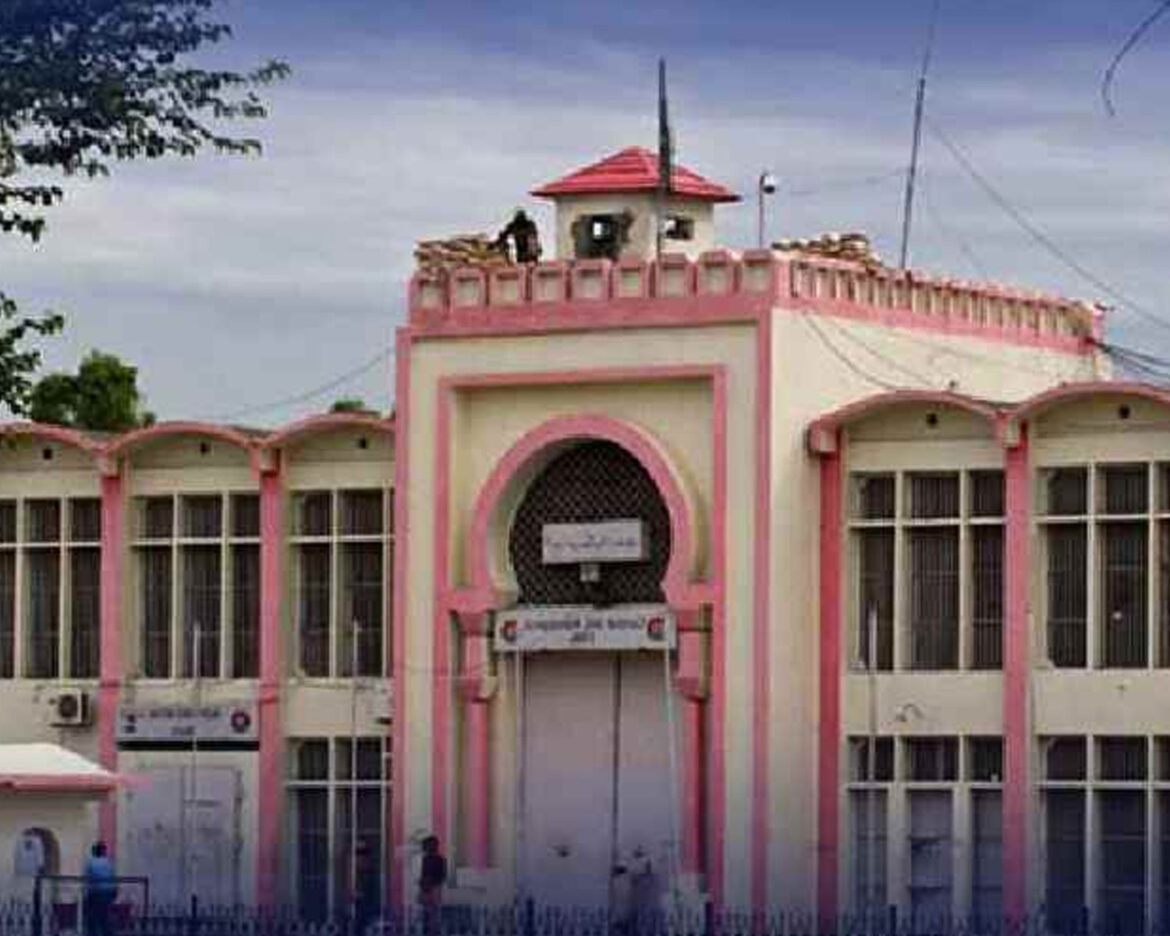The majority of journalists were barred from covering the hearing of the £190 million corruption case at the special court set up inside Adiala Jail. On Friday, jail authorities granted access to only five journalists, leaving eight to ten others stranded outside the prison. This move follows several days of restricted media access, despite repeated attempts by journalists to cover the proceedings.
Imran Khan, the founder of Pakistan Tehreek-e-Insaf (PTI), has twice protested the lack of media access, emphasizing the importance of transparency. Journalists who have been covering the trial for the past year have also lodged formal protests against what they describe as inappropriate behavior by jail authorities. Two petitions challenging the restrictions on their coverage have been filed in court.
Sources suggest that the jail administration began obstructing media coverage after uncovering an alleged facilitation network within the prison. Despite numerous requests, jail officials have not provided any justification for blocking journalists from covering the trial.
On August 23, the Islamabad High Court directed that journalists be prohibited from interviewing Imran Khan during his jail trial. However, the court raised concerns about the legality of restricting media coverage of the trial. Justice Mian Gul Hassan Aurangzeb remarked that while the trial court judge has the authority to regulate proceedings and manage any disruptions caused by journalists, it is not within the jurisdiction of the jail administration.
The court was hearing a petition challenging the ban on journalists’ access to the PTI founder during his trial. A journalist informed the court that despite adhering to standard operating procedures (SOPs), they were not permitted to cover the court proceedings related to the PTI founder’s cases. According to the SOPs, a focal person provides the names of seven journalists, but the jail administration has barred these journalists from entering the facility to report on the trial.
Justice Aurangzeb stated that regulating the proceedings of the jail trial is the responsibility of the judge, not the jail administration. He emphasized that denying journalists access to cover the trial would violate the principles of an open court. He instructed the Adiala Jail administration to comply with the court’s decision and allow the seven journalists nominated by the Islamabad High Court Journalists Association to cover the jail trial.
While the court has ruled that journalists should not be allowed to interview the defendant, it expressed concerns that banning media coverage could undermine the legal validity of the trial. On May 27, the Sindh High Court (SHC) suspended the Pakistan Electronic Media Regulatory Authority’s (PEMRA) ban restricting reporters from broadcasting tickers of court proceedings. Justice Abbasi, however, emphasized the importance of responsible reporting on judicial matters, noting that certain remarks and observations can sometimes misrepresent the judiciary.



